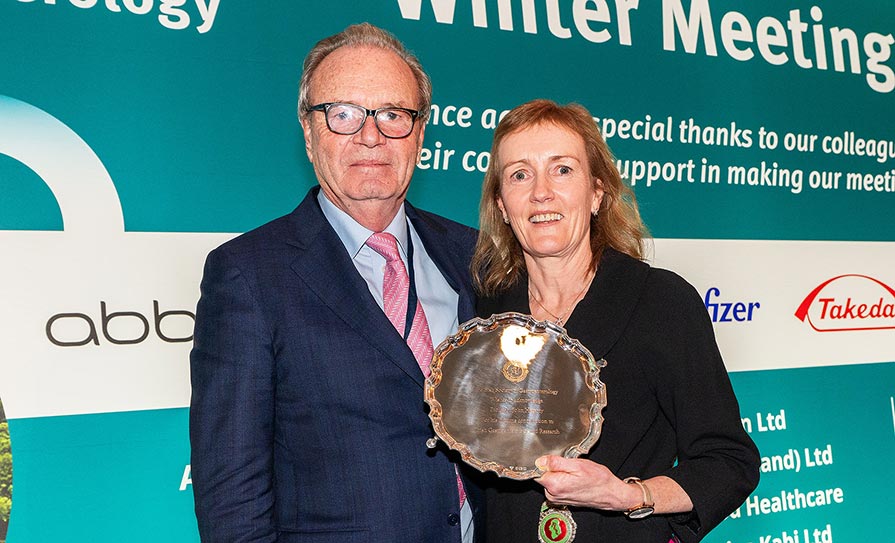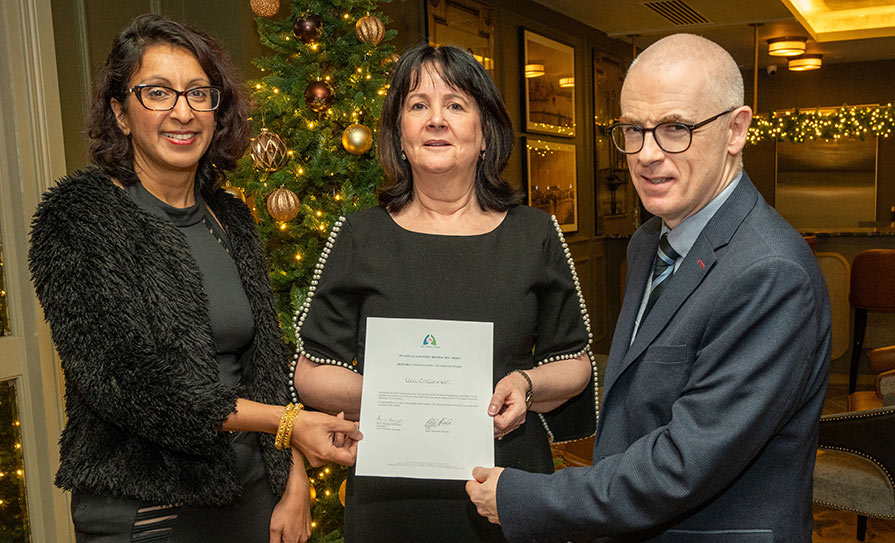Irish Cardiac Society 72nd Annual Scientific Meeting and AGM, virtual, 7-9 October 2021
The ICS 72nd Annual Scientific Meeting and AGM heard from keynote speaker Prof Kausik K Ray of Imperial College London, who addressed the meeting on the topic, ‘ASCVD [atherosclerotic cardiovascular disease] Prevention: Unmet
needs and the promise of population health through siRNA-based therapies’.
“I think we are at a really exciting time, because you can only start to fix problems when you look at the issues. Some of these may be clinical in terms of how we find patients, healthcare systems, and also in terms of patients’ behaviours and their health literacy,” said Prof Ray. “It doesn’t matter where you are in the world, we have a more or less global approach in terms of lipid-lowering and prevention.
We don’t want to over-treat low-risk people, but we don’t want to under-treat high-risk individuals,” said Prof Ray. Many guidelines suggest what to do at a population level, but when it comes to data from cholesterol treatment trials, “the third iteration is really my favourite because it really shows you the two basic determinants of absolute benefits from lipid-lowering,” he told the attendees. Prof Ray presented data from guidelines and told the meeting: “The first thing to point out is, there is no such thing as a ‘normal’ LDL.
The more you lower LDL cholesterol, the more benefit you get, and the amount of benefit you get really depends on the baseline risk.” He explained that if there is an annualised risk of less than one per cent, “lower is clearly better. But if I am trying to implement a really aggressive approach in everybody who is at low risk, the more you lower LDL cholesterol, the more benefit you get, and the amount of benefit you get really depends on the baseline risk.” Prof Ray presented an overview of the European Society of Cardiology/European Atherosclerosis Society risk-based LDL-C goals and broke patients down according to their risk categories and recommended LDL-C goals.

“What we can see is that as the risk increases, the cholesterol goals become lower and lower,” he pointed out. As the LDL-C goals have become lower in recent years, the challenge for physicians is how to achieve those goals with existing therapies, he said. Prof Ray outlined data from the DA VINCI study and noted that “the aim is to get patients to control [cholesterol levels], irrespective of whether you are using one, two or three drugs”. He emphasised the importance of the study in changing thinking about cholesterol and said,“the message is simple – in Europe, between
those two sets of guidelines, what we were practising was essentially statin-based monotherapy… the key thing to note about combination therapies is that it [level] was really low.
“With a statin-based monotherapy approach to our patients, in primary or secondary prevention, the risk-based goal attainment would only be effective in about 50 per cent of patients. As soon as we reset those goals to reflect
the data and what we now have available, that’s going to fall to one-in-three. So we have to get it into our heads that we will have to use more combination therapy.”













Leave a Reply
You must be logged in to post a comment.